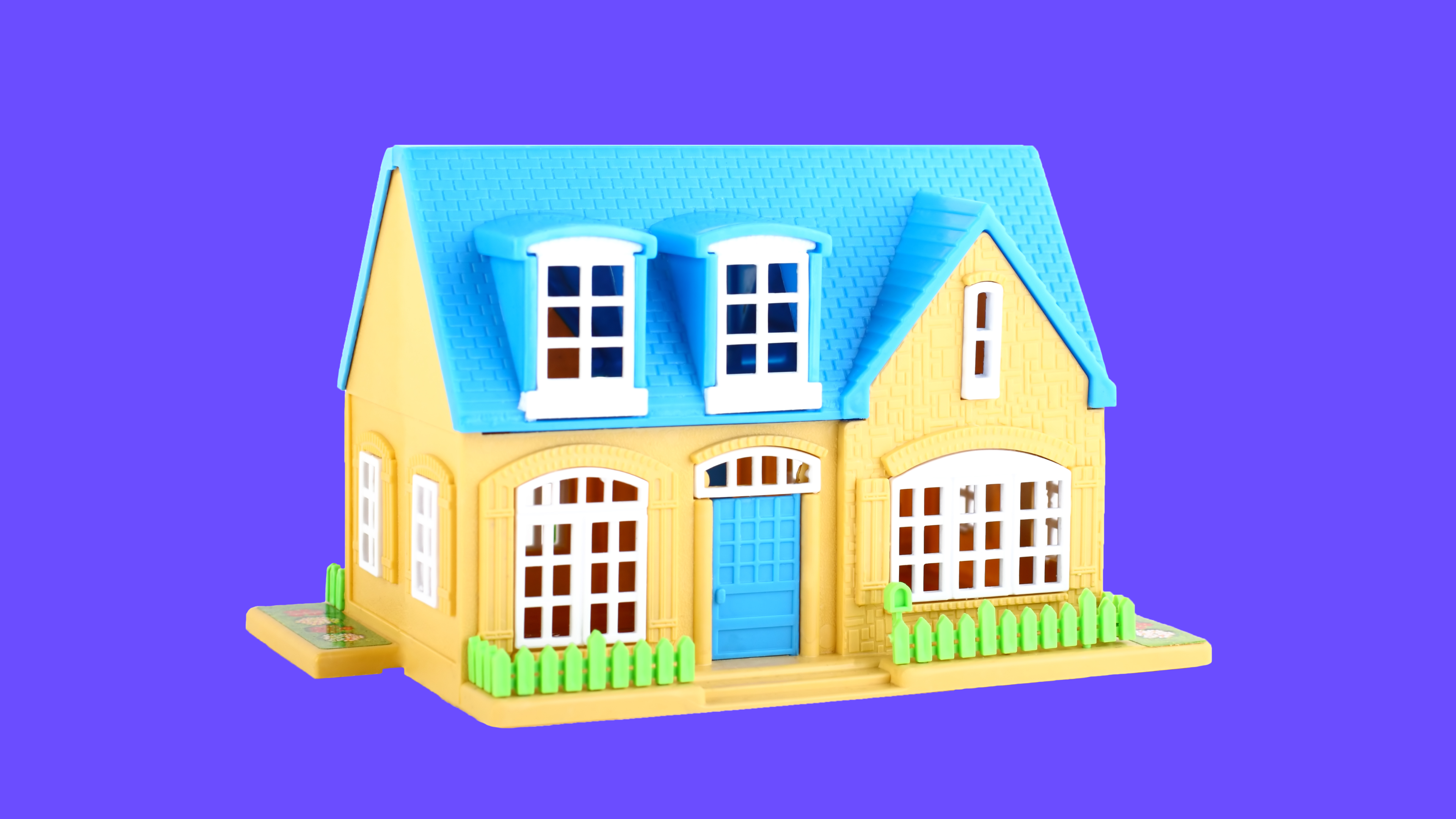The Story
Many Americans need to borrow money to buy a home. But too much debt can drag down your net worth.
Does that mean you can't buy a home if you have debt?
No. It means you need to find your debt comfort zone and only take on as much as you can manage.
So how much is that?
Lenders will tell you. They crunch key numbers (think: debt, income, assets) to see how much you can afford to borrow and still be trusted to pay them back.
Specifically, they look at your front-end debt-to-income (DTI) ratio, or your potential mortgage payment (including principal, interest, taxes, and insurance) compared to your monthly income. And your back-end ratio, which is your potential mortgage payment, plus all your other monthly debt obligations (student loans, credit cards, and even child support payments), divided by income. Aim for a front-end DTI of less than 28% and a back-end DTI less than 36%. (Psst...this is called the 28/36 rule.)
Here’s an example: if your monthly gross income is $6,000, your potential mortgage payments should be $1,680 max. And your other debt obligations would need to total $480 a month or less.
If you have too much debt to get approved for a mortgage right now, you'll need to pay some off before buying a home. Paying off debt is also a good idea if you need to boost your credit score – another number lenders look at when considering your loan application.
So lenders will tell me whether to pay off debt?
Only you know your whole financial situation and how homeownership could fit into it. So you'll want to run the numbers.
Lay out your budget to see how much cash you bring in and where it goes. Then you can figure out whether you can comfortably afford to make your current debt payments and take on a mortgage. Or if it'd be better to pay off a chunk of debt first.
Reviewing your finances can also let you know if you have spending patterns that need to change. Or if you should downgrade or cut expenses to make room for future home costs.
Got it. It's all a numbers game.
Life is more than one big math problem. You also need to get your priorities straight. If being debt-free is one of your big financial goals, paying off your existing loans should probably come first. And if the idea of more debt ups your anxiety, even if you can afford it money-wise, it might not be worth the emotional stress.
theSkimm
Debt can be a useful financial tool, but you have to manage it wisely. If you want to buy a house, look at how the potential mortgage payments (plus other homeowner costs like insurance and maintenance) fit into your overall budget. And remember: when it comes to big money questions like this, no answer is one size fits all.
Subscribe to Skimm Money
Your source for the biggest financial headlines and trends, and how they affect your wallet.
